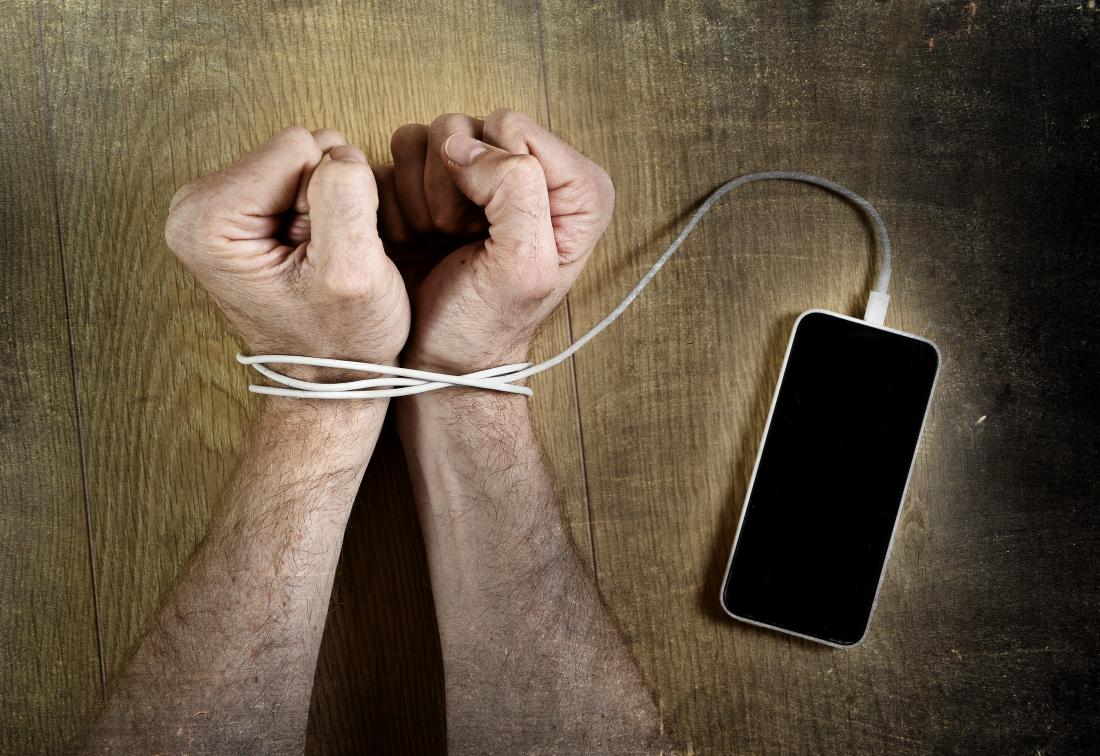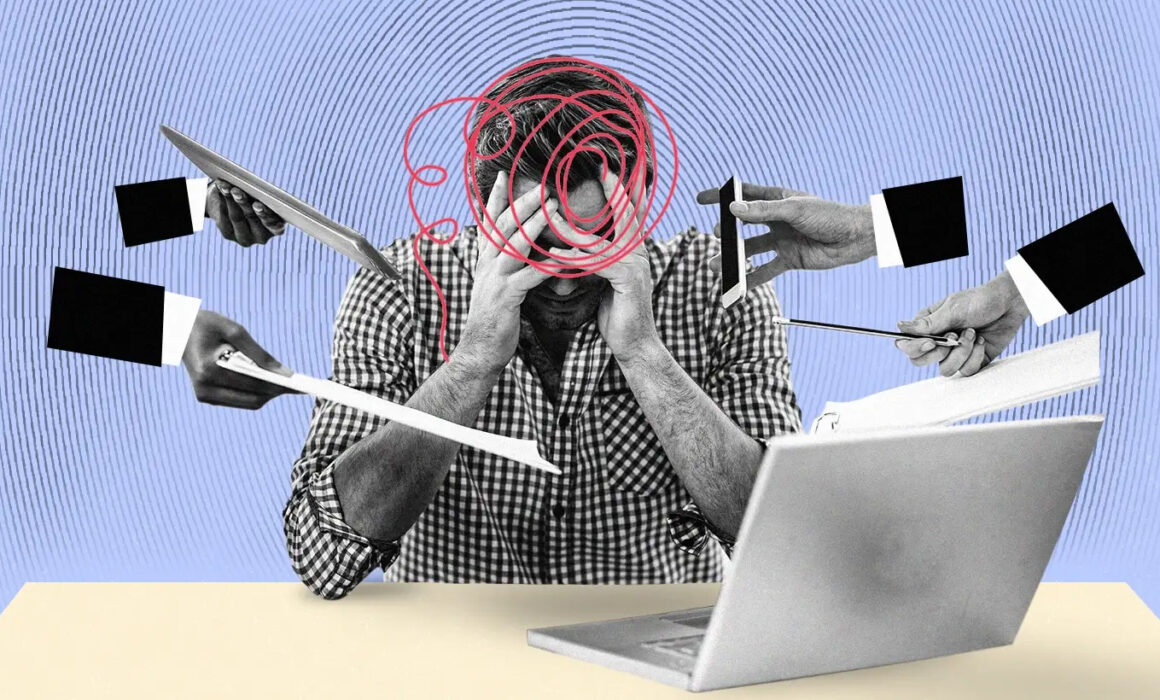How to Make Digital Detox Part of Your Vacation
Feeling tugged by social media, emails, and the vibrations of digital devices? These days, it can be challenging to live “in the moment.” It’s ironic that we’re talking about digital detox on the internet, but that’s just how it is nowadays: even digital detoxing has to begin digitally. When left unchecked, tech fatigue can insidiously affect our health. It’s even more important to go off the grid when we’re on vacation. Check out this article by TripConcierge.co about combining digital detox with your holidays. “In an age of speed, I began to think, nothing could be more invigorating than going slow,” travel writer Pico Iyer writes in his book The Art of Stillness.
Digital technologies are ubiquitous in today’s family and business world. Their adoption has enabled numerous benefits such as pervasive access to information, rapid communication, increased productivity, and family safety. While businesses have also benefited from a ten-fold increase in terms of effectiveness and efficiency, the human toll has had many negative consequences like depression, fatigue, mood swings and even changes in brainwave activity and heart rates.

With the increase of scientific literature on the risk of social media use, including Facebook, Instagram and X (formerly Twitter), the empirical results indicate that excessive and uncontrolled use of social networking sites may be associated with various negative psychological (e.g., perceived depression) and physiological (e.g., human brain alteration) effects. Combined with technostress from work, also referred to as digital stress,they constitute a serious issue in both the economy and society in general. Post-pandemic research studies have shown that Zoom Fatigue is real.
With over 65 empirical digital detox studies giving us the same result, it’s clear that “vacation time” is needed more than ever. But it needs to be combined with digital detox to ensure a healthy reset of your mind and body, reducing the feelings of perceived loneliness and depression. The added benefit of digital detox is that it will create awareness of your actual social media consumption, and help you gauge future interactions with the medium
The Main Goal of Digital Detox
Enable a conscious, temporary break from the digital world to reduce stress, strengthen social bonds, and escape from the daily hustle. The three main goals you need to keep in mind:
- Improve your personal nature and reconnect with authenticity, away from the need to meet social expectations.
- Reconnect with the self, and find inner emotional balance.
- Connect with family/friends/locals or new experiences.

The Best Approach to Digital Detox on a Vacation
- Log out of your social media accounts, turn off notifications, or better yet, turn off your phone entirely and leave it in your room.
- Try to live in the moment and the experience, rather than capturing it on your phone. Instead of your smartphone, use a digital camera to capture pictures and experiences to upload at a later time.

- Learn how to use an old school map, read road signs and plan your route in advance. Don’t be afraid to explore the unknown and just step out the door – and see where things take you.
- At dinnertime reconnect with friends and family. Tell everyone to turn off their phones, and stack them upside down in the middle of the table. Whoever touches their phone during dinner, pays the entire dinner bill for everyone. A bit of financial motivation will ensure success.
- If you are on a vacation, don’t use the Internet / Wi-Fi package. Focus on real-world activities offered by the daily on-ship guide. Seat yourself at the social tables and meet new people.
- Try an unfamiliar activity, experience or tour that you would normally never take. You might be surprised at how much fun it is.
- Buy a real book on Amazon. Sit yourself at a café, relax, read, and watch the people pass by. Try and notice how technology-obsessed all the people are around you. Creating awareness of the problem is the first step in making the change.

- Buy a “dumb” pay-as-you go phone to take with you. Write down phone numbers of emergency contacts only. Give your number only to one contact for emergencies. Keep it with you, so you can feel safe even while being disconnected.
- Don’t answer work calls or emails. Better yet, if you have a dedicated work phone and laptop, leave both of them at home. Your health and well-being is more important than any pseudo work crisis.
- Make it an annual thing. Once a year, disconnect from technology entirely. Preferably for two weeks.
How are YOU going slow, in this age of speed?


Thank you